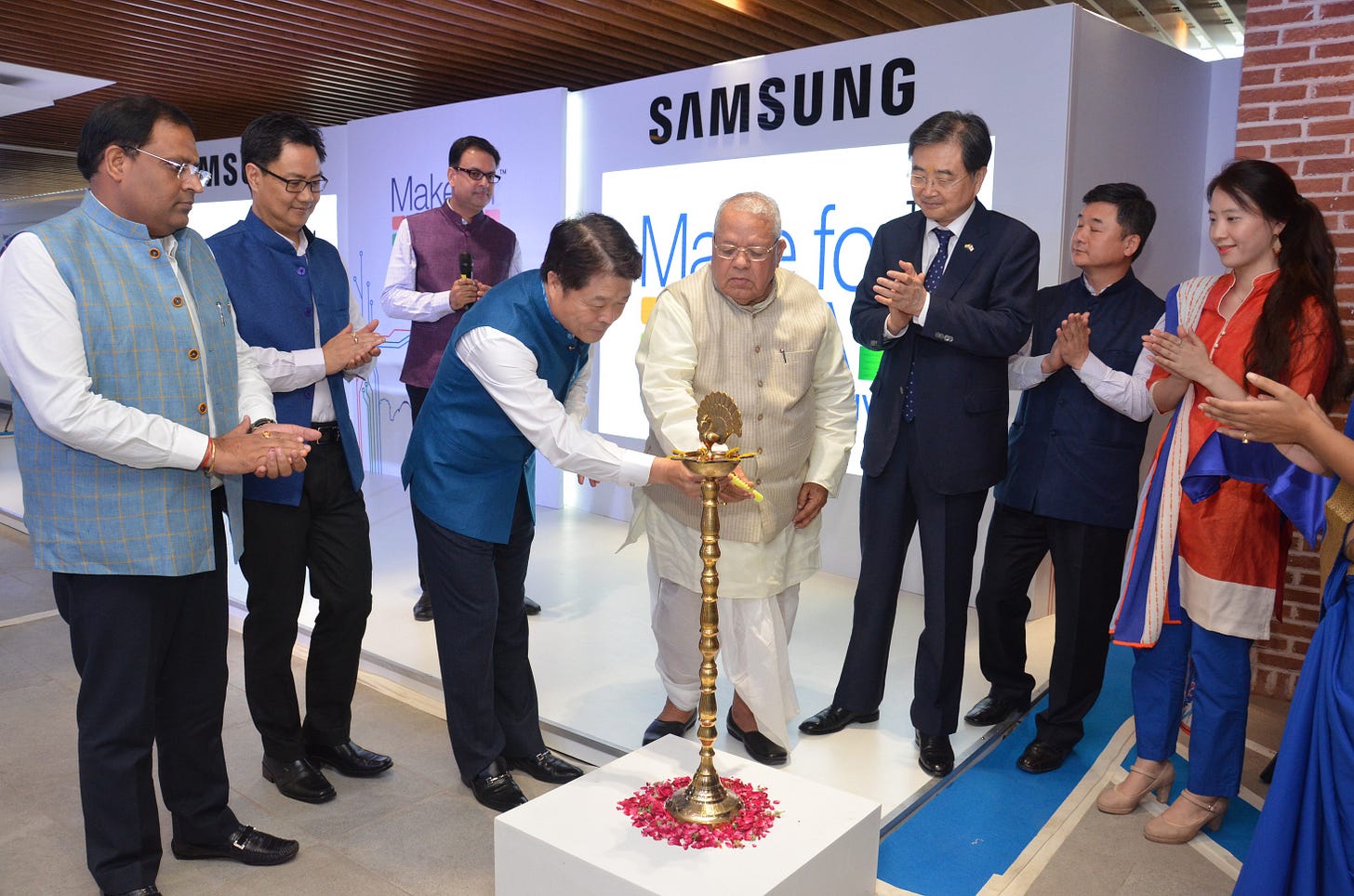Welcome to East West Hurricane! 🌪
We update you on the most essential news from Asia in tech, media, and business—the things you need to know that you probably haven’t heard in Western media.
Follow us on Twitter and Instagram! ⚡️
How Google Helps Indian Students 🏫
Google plans to create digital classroom programs in the Indian state of Maharashtra, which will reach 23 million students and teachers across 190,000 schools. Maharashtra, like most of India, has been affected by Covid and most physical schools have shut down. Google will partner with the Maharashtra government to provide new digital classroom tools and services free of charge. This includes products like G Suite for Education, Google Forms, Google Meet, Google Classroom, and more. Google has already started working with India’s national governmental body that regulates secondary schools (Central Board of Secondary Education) and has helped fund a grant for the Kaivalya Education Foundation to provide educational opportunities for underprivileged children.

This fits within Google’s broader announcement earlier this year that they will be investing $10 Billion into India across a series of different programs and partnerships. As the world’s second most populous country, India is an important and huge market for Google’s products and services. Google’s investments in the country go all the way from government to schools to infrastructure to startups to non-profits and more. Of course, since Google’s CEO Sundar Pichai is originally from India, that adds an extra layer of prioritisation Google has for the country.
Can Samsung Ride the Anti-China Wave? 📲
The political tensions between India and China have made it harder for Chinese companies to operate in India. Samsung, as a Korean company, has been able to use this to strengthen their position in the Indian market. In Q2 of this year, Samsung moved up to become the country’s number two smartphone maker with 26% market share. In Q1, Samsung was the number three smartphone maker with 16% market share. Since June, Samsung has launched seven new smartphones. These are lower-priced smartphones, with the cheapest one priced at $75.

This could be an important turning point for Samsung. Over the last few years, Samsung was losing market share in India to the newer, lower priced Chinese smartphone brands like Oppo and Xiaomi. These Chinese smartphone makers are still major players in the market, but they will need to aggressively change their marketing strategy given the current geo-political climate. India’s importance will only increase as the population and economy grows, so smartphone makers from all countries will continue prioritising India. There are so many second and third order consequences of this Chinese-Indian political tension, it’s kind of mind-blowing.
Grab’s Next Priority: Financial Services 🏦
After raising $856 Million earlier this year focused on expanding payments and financial services, Singaporean ride hailing company Grab has now announced a set of new consumer-facing financial products. Grab has already been providing B2B financial services to drivers and small businesses, but will now start offering consumer products like micro-investments, loans, and health insurance. One of these products is Autoinvest, which allows users to invest small amounts of money through the Grab app.

Financial services has always been a priority for the company. Over the last couple of years, Grab has partnered with several financial services companies and acquired the startup Bento in order to provide investment and wealth management products. Similarly, ride-hailing companies around the world like Gojek, Uber, and Careem have all expanded into financial services as a logical next step on their strategic roadmap. Covid has actually unleashed increased consumer demand for digital financial services, which is especially important in a place like Southeast Asia. So Grab, eager to capitalise on this demand, is going to be moving fast to expand their product offering.













Share this post